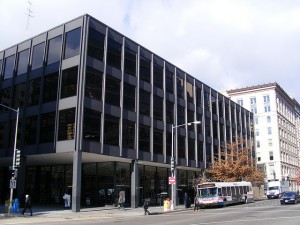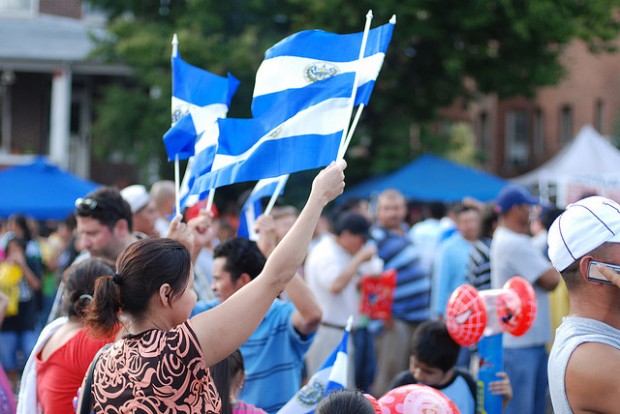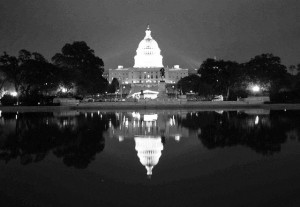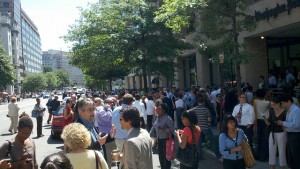Pull your pants up, was the advice given to a young man asking about job prospects during last month’s National Night Out event led by D.C. Council member Yvette Alexander and D.C. Fire Chief Kenneth Ellerbee, according to The Root DC.
The adults offered one place to start: pull up your pants.
“Oh, you’ve got Ralph Lauren,” Alexander told one of the young men. “I guess you want to show that off.”
What would happen, she asked, if they dressed like that and a nice, white lady walked by. “Do you think she might cross the street?” Alexander said.
One reader, MSTanya, took issue with Alexander’s attempt to illustrate her point:
Why did it have to be a “nice white lady” who walked by. Aren’t there any nice African American ladies who could have been used as an example? Yes, there definitely are, but as per the norm, it’s always a white person being looked at as nice…
We’re still waiting to hear back from the Council member’s office regarding her remarks.
According to “Anthropology off the Shelf,” low-slung pants are a symbol of incarceration. The book notes that “sagging as a style was adopted from prison culture, where belts are prohibited and ill-fitting prison garb is the norm.”










